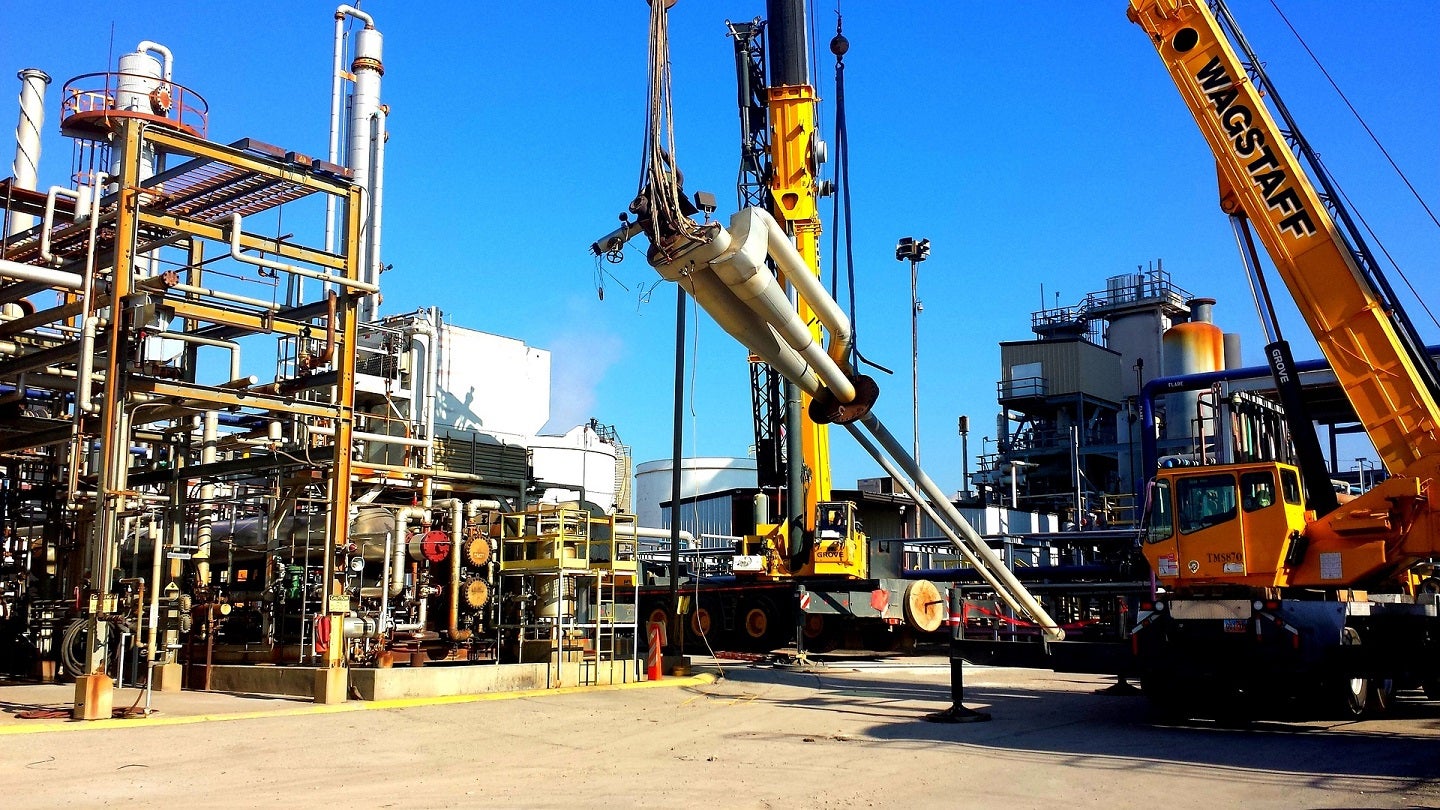
Indian state-run energy company GAIL has signed a long-term deal with Vitol Asia for the supply of LNG into the country.
Starting in 2026, Vitol will supply approximately one million tonnes of the super-chilled fuel annually to GAIL for a period of ten years.

Discover B2B Marketing That Performs
Combine business intelligence and editorial excellence to reach engaged professionals across 36 leading media platforms.
The LNG will be sourced from Vitol’s extensive global portfolio and delivered across India.
GAIL chairman and managing director Sandeep Kumar Gupta said: “This long-term LNG supply deal with Vitol by GAIL will augment its large liquefied natural gas (LNG) portfolio and will contribute to bridging India’s demand and supply gap of natural gas.”
GAIL’s finance head was cited by Reuters as saying earlier that the company is planning to add 7–8 million tonnes per year of LNG to its portfolio by the end of this decade.
Currently, the Indian company is in talks with Russian producer Novatek, Abu Dhabi National Oil and Qatar to source LNG.

US Tariffs are shifting - will you react or anticipate?
Don’t let policy changes catch you off guard. Stay proactive with real-time data and expert analysis.
By GlobalDataVitol CEO Russell Hardy said: “We are pleased to build on the existing relationship between Vitol and GAIL and to conclude this long-term LNG supply deal together.
“India is a significant and growing LNG market and we are excited to bring LNG supply from our global LNG portfolio to meet this rising natural gas demand in India.”
Recently, Indian Union Minister for Petroleum & Natural Gas and Housing & Urban Affairs Hardeep Singh Puri announced that the country’s gas consumption is projected to increase to more than 500 million standard cubic metres a day (mscm/d) by 2030, compared with the current level of 155mscm/d.
Indian companies are allocating substantial funds to develop natural gas infrastructure and seeking long-term LNG import agreements.
This move is in line with the country’s objective of increasing the proportion of natural gas in its energy blend from the existing 6.3% to 15% by 2030, reported Reuters.





